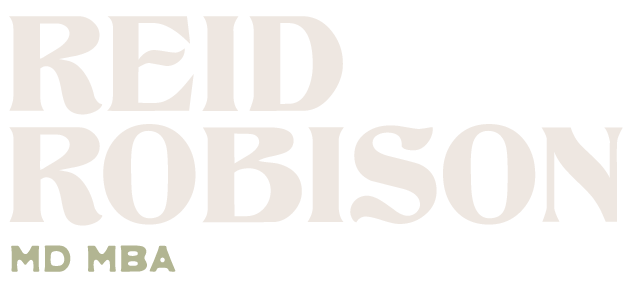Psychedelics as therapeutics
Psychedelic medicine is here, and as a psychiatrist, I think it’s long overdue. We are in the midst of a mental health crisis, with over a million lives lost in the world each year to suicide. This is especially tragic, because depression is treatable, even if the individual can’t see a way out at the time. About 1 in every 8 Americans takes an antidepressant medication every day, but this hasn’t lowered our depression rates – these meds just don’t work that well for too many people, and modern life is just making things worse. We’re evolutionarily adapted for the stone age, but we’re living out our lives in a sedentary, indoor, screen-addicted modern age, and that doesn’t sit well with our souls. To top things off, many of our natural remedies are disappearing, such as good sleep, deep friendships, real food, and physical activity.
However, suffering can be a stimulus for change, and there is an undeniable light emanating from the human spirit, fighting to come alive. Over the past several years we have witnessed a psychedelic renaissance, and there is a growing body of evidence suggesting that a number of psychedelic compounds hold strong therapeutic potential to catalyze and accelerate the healing process for a wide array of mental health conditions.
What the heck are psychedelics?
The term psychedelic comes from the Greek language and means “to wander in the mind.” These medicines, coupled with the right set, setting, and therapeutic approach, provide a break from everyday patterns, and ease the process of cultivating higher levels of self-awareness, so you can really honor what it is you need in order to thrive in this life.
Our life experiences, and the meaning we attach to them, can give rise to negative and overwhelming psychological, emotional, and physical symptoms. Whether it be a traumatic childhood experience, or troubling socioeconomic factors, patterns are laid down early in our lives, often in the bosom of the family, that continue to influence our emotions and behaviors for years to come, unknown to our conscious awareness.
Psychedelics help the individual gain perspective on their mental patterns and belief systems, allowing them to see themselves more clearly. The psychotherapy component helps the client process the insights gained during the experience, supporting the integration of these insights into day-to-day life, and leads to lasting symptom relief.
I have supported countless clients in their journeys as they made contact with parts of themselves that they had disconnected from for years. I’ve witnessed clients process stuck patterns that were holding them back for most of their lives.
Integration: Where Magic Meets the Road
Anyone who has backpacked around the world or done extensive traveling knows that returning home can be a shock to the system. It can take months to adjust to being “back home.” You’ve had all these transformative experiences and it has changed you, but everything and everyone you’re returning to have remained the same. They’ve simply been living out their regular lives in the default world, and it takes time to adjust both the “new you” to your life and your life to the “new you.”
With high dose psychedelic experiences, you’ve gone on a consciousness world-tour, whether it be experiencing eternity in a single night, or going through the dark night of the soul, and now you’re expected to go back to the office on Monday and make small talk with co-workers? This can be very jarring, sometimes resulting in some emotional turbulence. Making integration work a priority is probably the most undervalued part of the process, but it is absolutely key to weaving the wisdom and insights back into daily life in a more conscious manner.
There is no formula for integration because it is truly unique to the individual, their particular psychedelic experience, and their intentions. Each person has different reasons for embarking on a psychedelic therapy journey. For some, the focus is on healing from trauma or recovering from addiction. For others, it could be about lifting the cloud of a prolonged grief, or a bout of serious depression. Whatever the intention is for engaging, these tools will have a big impact on what the integration process looks like in order to most optimally metabolize the life changes to their fullest expression.
A Whole New Way To See Yourself and Your Life
A psychedelic journey is not easy work, and psychedelics are definitely not for everyone. There is also a big difference between recreational drug use and therapeutic/ceremonial use. But I’m convinced that for many people, these exceedingly safe tools can be a much needed, if not lifesaving, catalyst for healing, particularly in those who have had difficulty finding and maintaining relief through other forms of treatment.
…
Originally published on Utah Stories on 6/18/2020.
